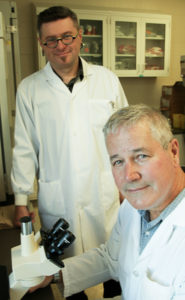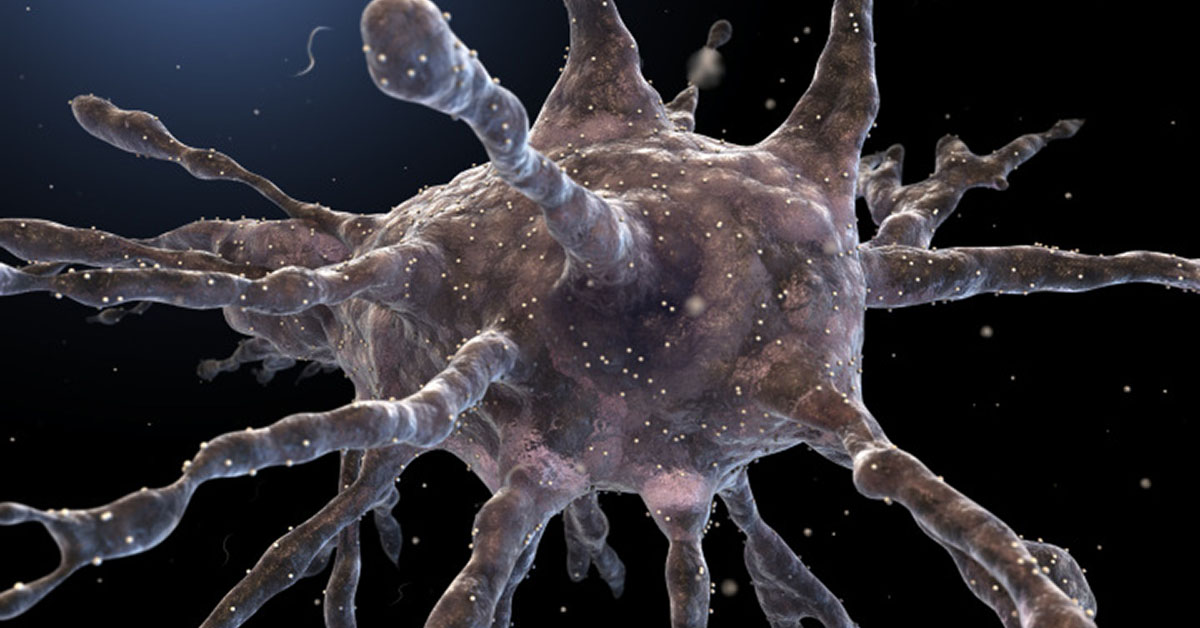The University of Saskatchewan is reporting their researchers have developed an immunotherapy technique that reduces the anaphylactic response to peanut and egg white protein in mice by up to 90% with a single treatment.
“This discovery reverses food allergies in mice, and we have many people with allergies volunteering their own cells for us to use in lab testing to move this research forward,” said professor John Gordon, lead scientist behind the discovery appearing in the current issue of the Journal of Allergy and Clinical Immunology.

“If we can reliably ‘cure’ food allergies, or related conditions such as asthma or autoimmune diseases such as multiple sclerosis with this new therapy, it would be life-changing for affected individuals.”
The technique involves generating a type of naturally recurring immune cell that dampens the immune system’s excessive response to allergens in allergic individuals.
“We predict the treatment could be on the market within the next five to 10 years,” said Gordon.
“This discovery portends a major breakthrough towards a therapeutic reversal of food allergen sensitivity,” said Dr. Judah Denburg, scientific director and CEO of AllerGen. “The treatment prevents anaphylactic responses in what were previously fully sensitive mice, opening the door for translating this therapy into the clinic.”
The technique works as follows:
- The key component of this research is dendritic cells, which serve as the gate-keepers of the immune system and are present in tissues in contact with the external environment, such as the skin and the inner lining of the nose, lungs, stomach and intestines.
- Gordon’s treatment involves producing dendritic cells in a test tube and then exposing them to a unique mix of proteins, a vitamin A-related acid naturally occurring in the human gut, and to the allergen, in this case, peanut or ovalbumin (egg white protein). The modified dendritic cells are then reintroduced into the mouse.
- Using this technique, the researchers were able to nearly eliminate the allergic reaction by converting allergen-sensitive immune cells into cells that mimic the response seen in healthy, non-allergic individuals.
The treatment reduced the observed symptoms of anaphylaxis and lowered other key protein markers in the allergic response by up to 90%.
- New immunotherapy technique holds promise for curing food allergies – University of Saskatchewan Press Release
- Therapeutic reversal of food allergen sensitivity by mature retinoic acid–differentiated dendritic cell induction of LAG3+CD49b−Foxp3− regulatory T cells – Journal of Allergy and Clinical Immunology





